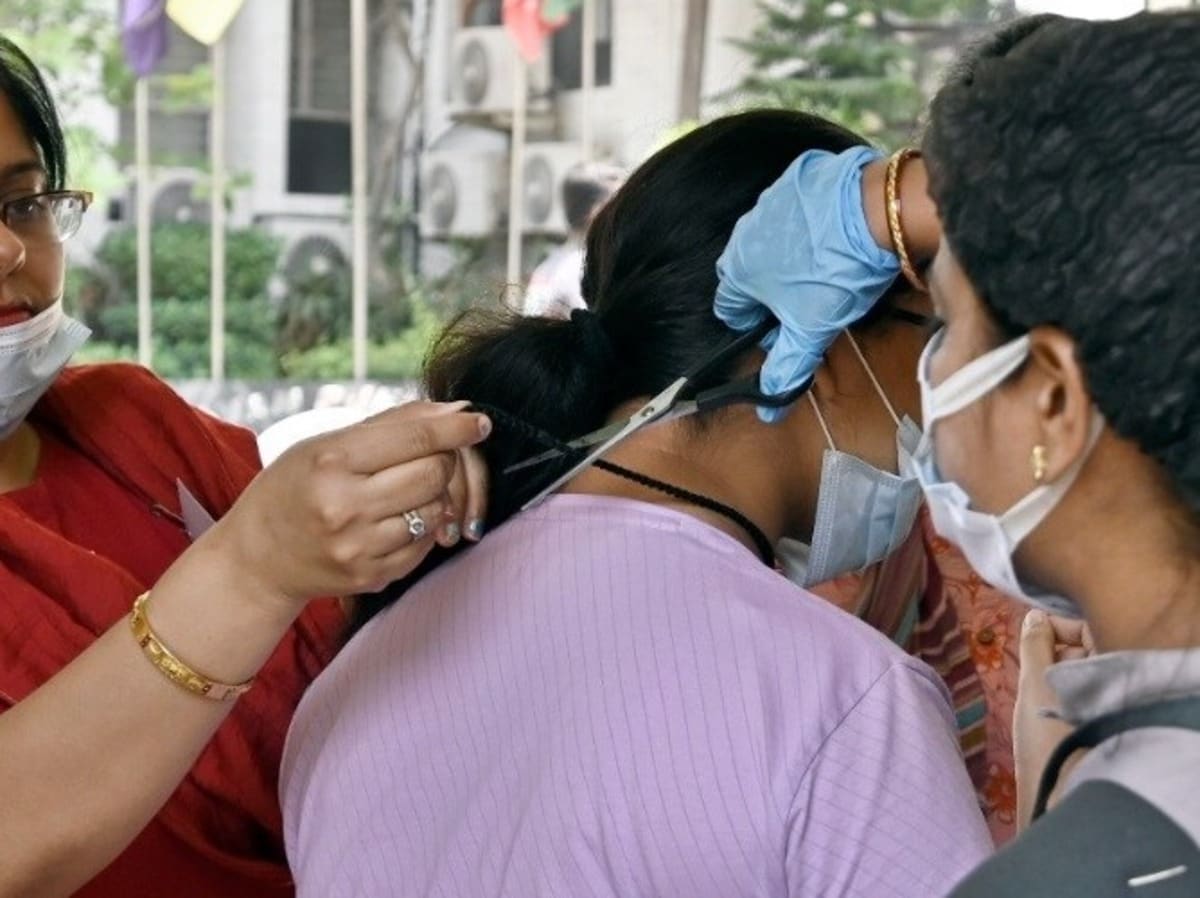Introduction
The RSMSSB (Rajasthan Subordinate and Ministerial Services Selection Board) has taken significant strides to maintain the integrity of its recruitment examinations. With a rising concern over fraudulent practices in competitive exams, the board has implemented new measures aimed at curbing such activities. Among the latest changes is the introduction of handwriting samples on OMR sheets to enhance verification processes.
Background
Over the years, the RSMSSB examinations have faced criticism due to instances of cheating and impersonation. In an effort to restore credibility and ensure that the most qualified candidates are selected, the board has been proactive in introducing various reforms.
New Initiatives by RSMSSB
The most recent initiative involves capturing a sample of the candidate’s handwriting on the OMR (Optical Mark Recognition) sheets. This method allows for a more robust validation process, making it challenging for impersonators to succeed. Additionally, this step aligns with national and global standards of examination integrity.
How Will Handwriting Samples Work?
| Step | Description |
|---|---|
| 1 | Candidates will be required to write a specified text on the OMR sheet during the examination. |
| 2 | The handwriting will be recorded and stored for future reference. |
| 3 | In case of discrepancies during verification, handwriting samples will be used to confirm identity. |
Benefits of the New System
The introduction of handwriting samples brings several benefits, including:
- Enhanced Authenticity: By linking the handwriting to the candidate’s identity, the risk of impersonation is greatly reduced.
- Psychological Impact: Knowing that such measures are in place may deter candidates from attempting to cheat.
- Improved Transparency: This initiative contributes to a more transparent examination process, fostering trust among candidates and stakeholders.
Conclusion
The implementation of handwriting samples on OMR sheets by the RSMSSB marks a significant advancement in ensuring the fairness and credibility of recruitment examinations. As the board continues to refine its processes, candidates can expect a more reliable assessment environment. This proactive step not only protects the interests of genuine candidates but also sets a benchmark for other examination bodies to follow in the ongoing fight against fraud in competitive exams.

